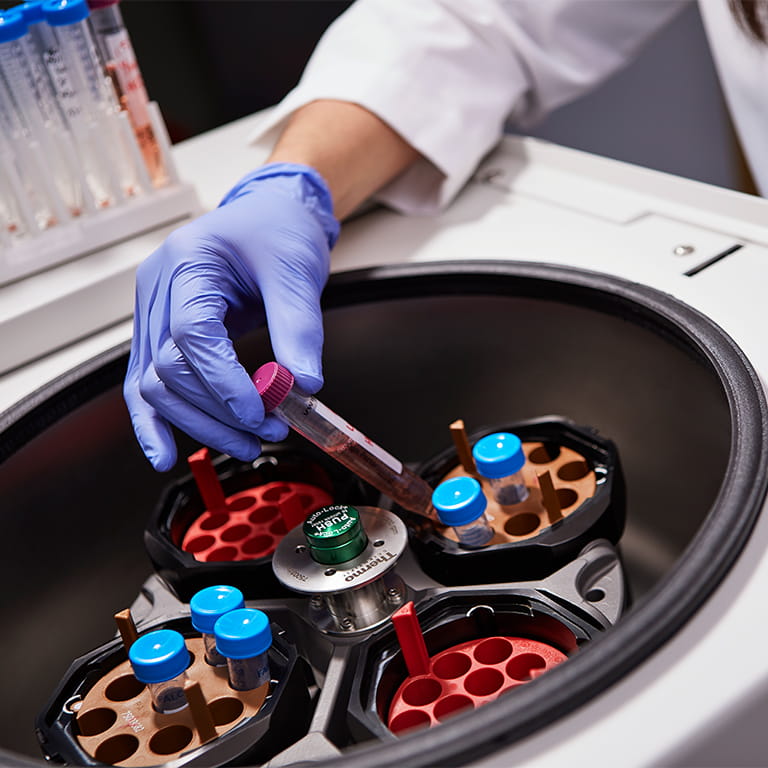
Researchers take next steps to understand COVID-19’s impact on people infected during pregnancy

The Ohio State University Comprehensive Cancer Center – James Cancer Hospital and Solove Research Institute (OSUCCC – James) is one of the top enrolling sites in a national, multicenter study to investigate the safety and efficacy of adoptive cell transfer using tumor infiltrating lymphocytes (TILs) for the treatment of recurrent, metastatic or persistent cervical carcinoma.
Cervical cancer is one of the leading causes of cancer-related deaths in women, with more than 12,000 new cases diagnosed annually. There are currently limited treatment options for patients with recurrent, metastatic or persistent cervical cancer.
In this study, the patient’s tumor is surgically resected, then fragmented and placed in media to extract the TIL. Once the TIL cells are extracted, feeder cells in the media multiply the cells. After an approximately 22-day processing time, the harvested and expanded TIL cells are infused back into the patient, where they can resume attacking the cancer. The goal of this study is to explore whether taking TIL cells from the patient, processing and multiplying them in a lab and then transferring them back into the patient can serve as an effective and safe treatment for difficult-to-treat and recurrent cervical cancer.
In a poster presentation at the 2019 ASCO Annual Meeting, trial investigators presented data from the pilot and phase 2 multicenter study that showed this technique to be promising, so now the study is enrolling more broadly to continue to validate the data. David O’Malley, MD, director of the Division of Gynecologic Oncology in The Ohio State University Wexner Medical Center’s Department of Obstetrics and Gynecology, is the principal investigator of the OSUCCC – James study site and says he is encouraged by these preliminary results.